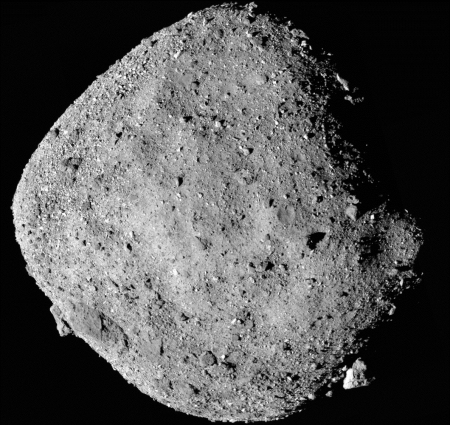Saturn’s rings are dying
Using new ground-based observations, scientists now predict that Saturn’s rings are dying at the fastest predicted rate, and will disappear within 300 million years, at the most.
Dr Tom Stallard, Associate Professor in Planetary Astronomy at the University of Leicester and Dr James O’Donoghue, who studied for his PhD at the University of Leicester, have found that Saturn’s rings are dying at the maximum rate estimated from Voyager 1 and 2 observations made decades ago.
The rings of ice are being pulled into Saturn by gravity as particles of ice under the influence of Saturn’s magnetic field. Dr O’Donoghue, who now works at NASA’s Goddard Space Flight Center in Greenbelt, Maryland said: “We estimate that this ‘ring rain’ drains the equivalent of an Olympic-sized swimming pool from Saturn’s rings in half an hour. The entire ring system will be gone in 300 million years.”
Dr O’Donoghue believes that the rings could even disappear quicker than this. “Add to this the Cassini-spacecraft detected ring-material falling into Saturn’s equator, and the rings have less than 100 million years to live.”
Over the decades I have read numerous papers by scientists saying that rings this bright and large must be a relatively short-lived event, and that we are lucky to have seen them. This research only reinforces this conclusion.
At the same time, we do not yet know the frequency or the cause of the events that give rise such bright rings. It could be that such rings are short-lived, but happen frequently enough that it is still not rare to see them in any solar system. And we won’t know this until we get a more complete census of many solar systems, seen up-close.
Using new ground-based observations, scientists now predict that Saturn’s rings are dying at the fastest predicted rate, and will disappear within 300 million years, at the most.
Dr Tom Stallard, Associate Professor in Planetary Astronomy at the University of Leicester and Dr James O’Donoghue, who studied for his PhD at the University of Leicester, have found that Saturn’s rings are dying at the maximum rate estimated from Voyager 1 and 2 observations made decades ago.
The rings of ice are being pulled into Saturn by gravity as particles of ice under the influence of Saturn’s magnetic field. Dr O’Donoghue, who now works at NASA’s Goddard Space Flight Center in Greenbelt, Maryland said: “We estimate that this ‘ring rain’ drains the equivalent of an Olympic-sized swimming pool from Saturn’s rings in half an hour. The entire ring system will be gone in 300 million years.”
Dr O’Donoghue believes that the rings could even disappear quicker than this. “Add to this the Cassini-spacecraft detected ring-material falling into Saturn’s equator, and the rings have less than 100 million years to live.”
Over the decades I have read numerous papers by scientists saying that rings this bright and large must be a relatively short-lived event, and that we are lucky to have seen them. This research only reinforces this conclusion.
At the same time, we do not yet know the frequency or the cause of the events that give rise such bright rings. It could be that such rings are short-lived, but happen frequently enough that it is still not rare to see them in any solar system. And we won’t know this until we get a more complete census of many solar systems, seen up-close.

